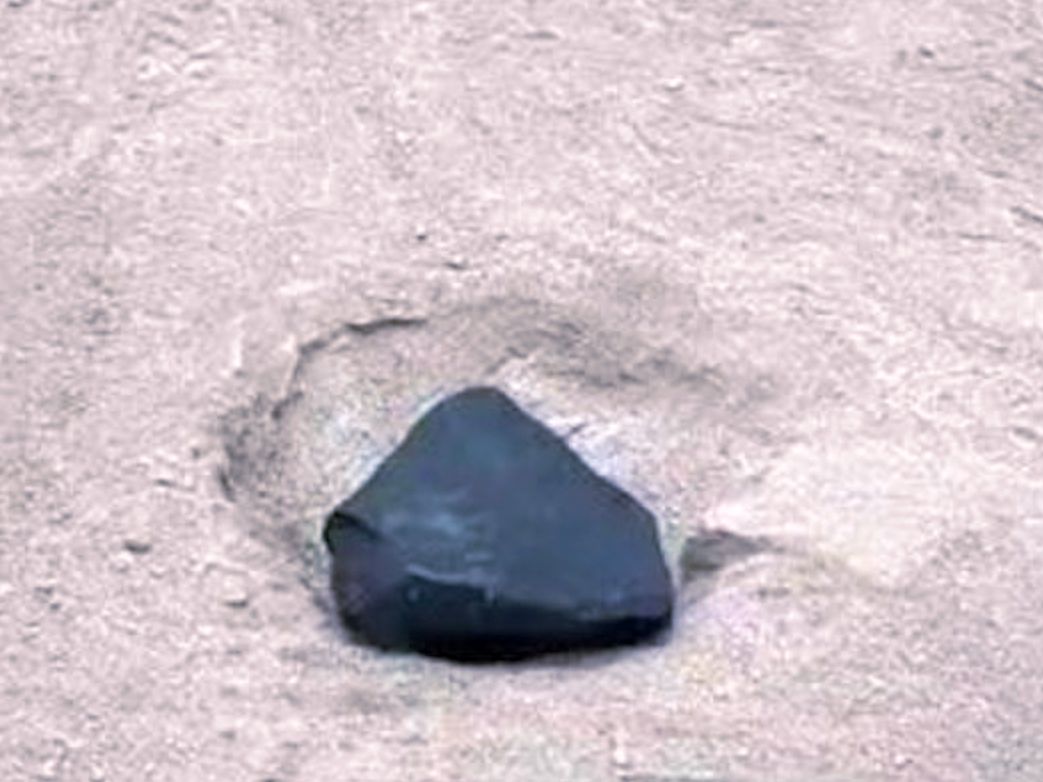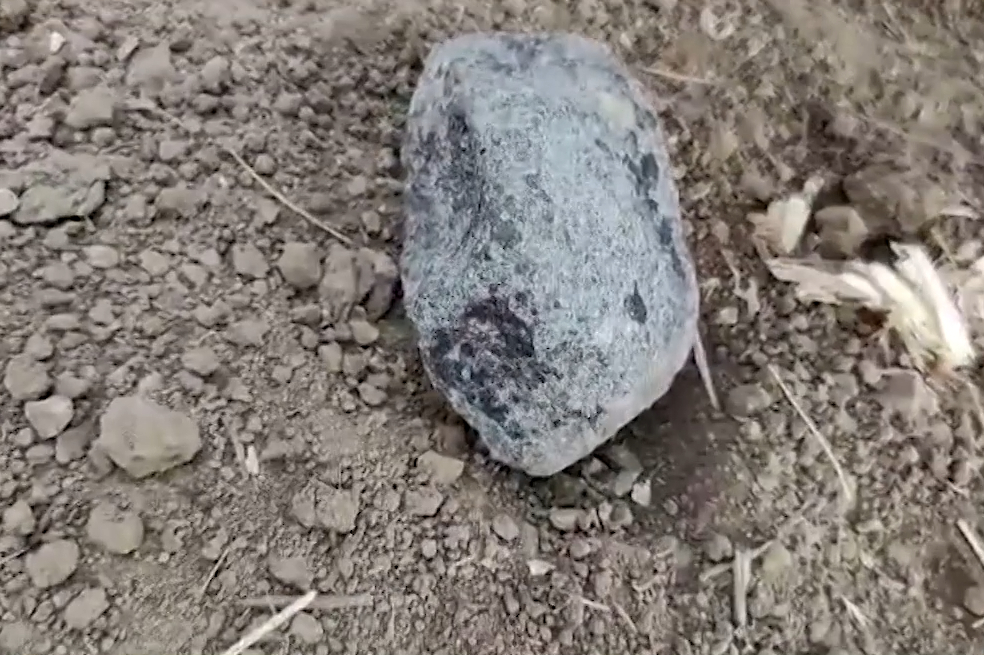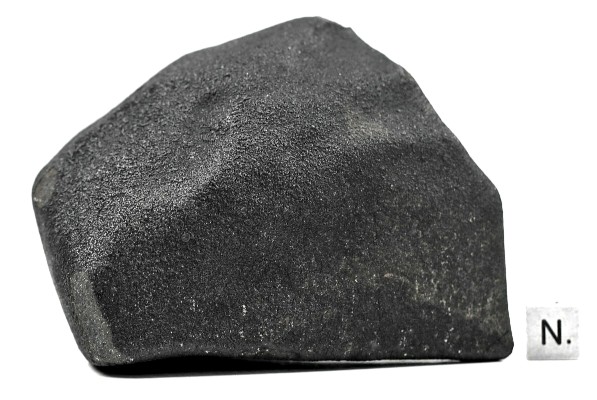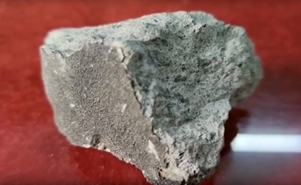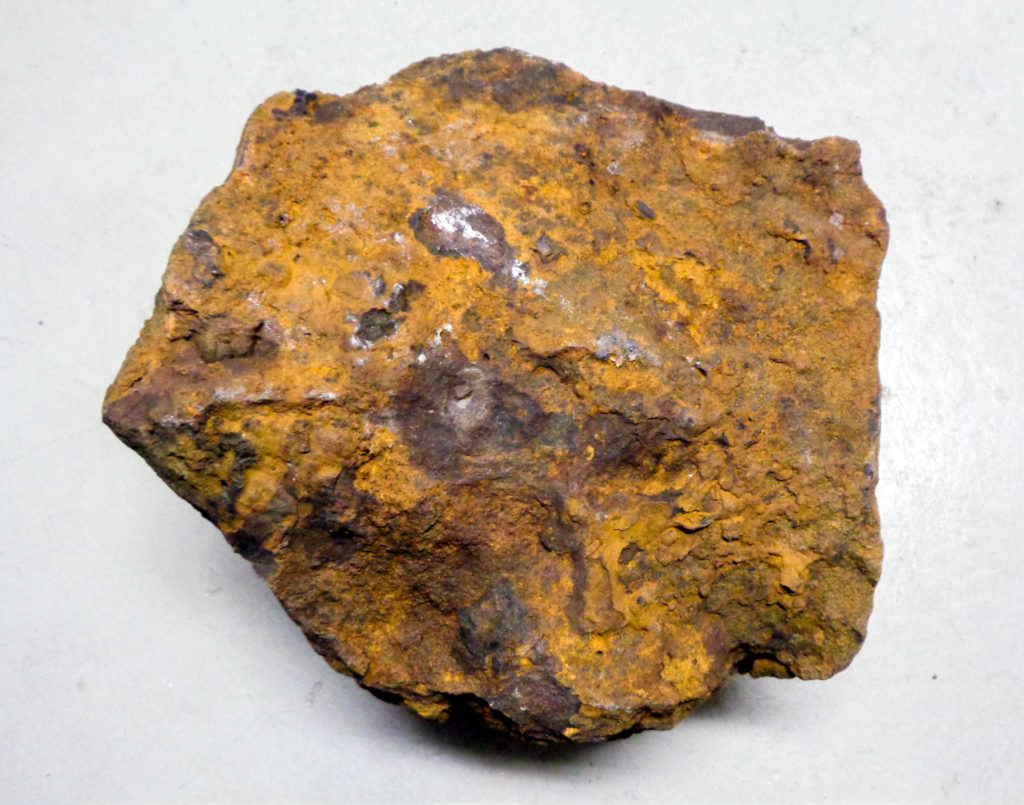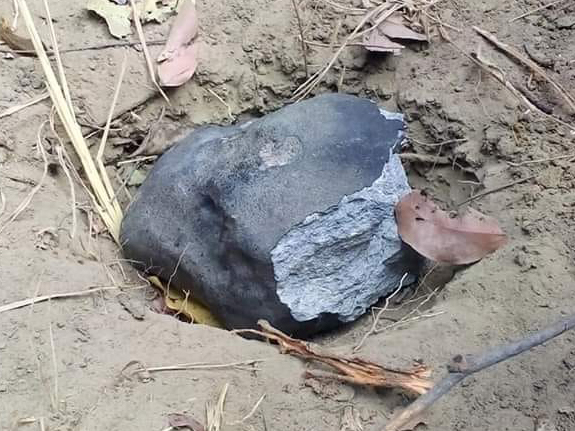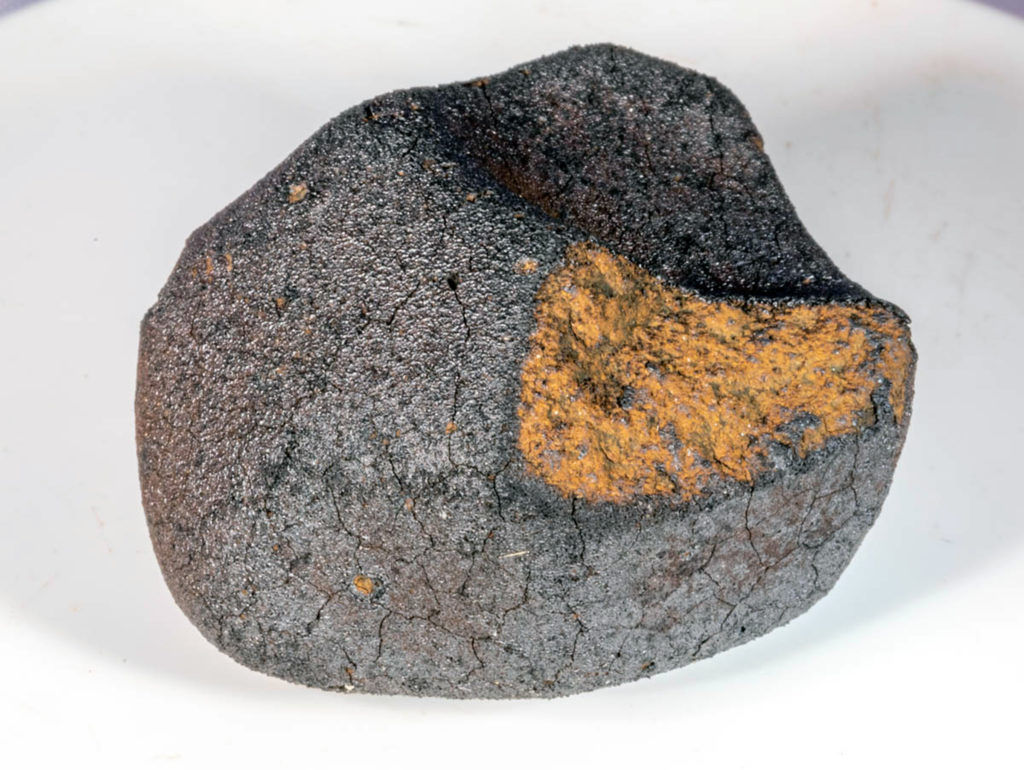Survival of Extremotolerant Bacteria from the Mukundpura Meteorite Impact Crater
Rebecca S. Thombre, E. Shivakarthik, Bhalamurugan Sivaraman, Parag A. Vaishampayan, Arman Seuylemezian, J.K. Meka, S. Vijayan, P.P. Kulkarni, T. Pataskar, and B.S. Patil
Astrobiology
Vol. 19, No. 6, Pages: 785–796
Published Online: 11 Jun 2019
“Carbonaceous meteorites provide clues with regard to prebiotic chemistry and the origin of life. Geological Survey of India recorded a carbonaceous chondrite meteorite fall in Mukundpura, India, on June 6, 2017. We conducted a study to investigate the microbial community that survived the meteorite impact. 16S rRNA metagenomic sequencing indicates the presence of Actinobacteria, Proteobacteria, and Acidobacteria in meteorite impact soil. Comparative phylogenetic analysis revealed an intriguing abundance of class Bacilli in the impact soil. Bacillus thermocopriae IR-1, a moderately thermotolerant organism, was isolated from a rock, impacted by the Mukundpura meteorite. We investigated the resilience of B. thermocopriae IR-1 to environmental stresses and impact shock in a Reddy shock tube. Bacillus thermocopriae IR-1 survived (28.82% survival) the effect of shock waves at a peak shock pressure of 300 kPa, temperature 400 K, and Mach number of 1.47. This investigation presents the first report on the effect of impact shock on B. thermocopriae IR-1. The study is also the first report on studying the microbial diversity and isolation of bacteria from impact crater soil immediately after meteorite impact event. “

